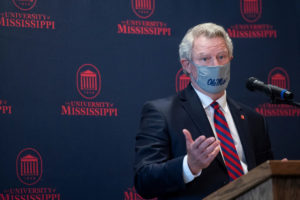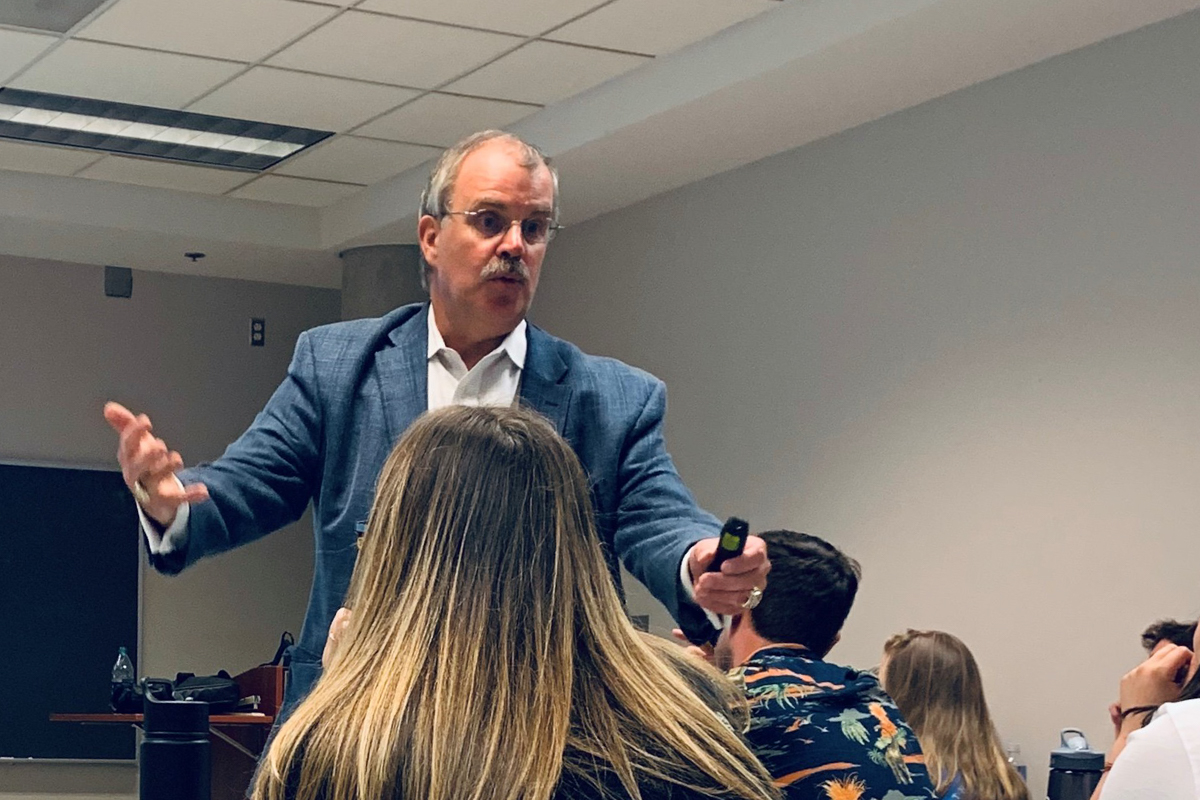Recent controversy at the University of Mississippi centers on the confidential role of the university ombudsman, a vital position in the community. People not familiar with organizational ombuds programs often misunderstand how ombuds function.
An organizational ombuds is a vital resource that provides useful support to people who need information, guidance, or assistance in developing options to surface concerns or to resolve conflict.
Ombuds are uniquely positioned to discreetly help people every day at all levels in an organization with issues that are important to them. Confidentiality is one of the defining factors of an organizational ombuds, but merely saying an ombuds is confidential does not make it so. Rather, the ability to promise and protect confidentiality depends on adherence to other principles that support a claim of confidentiality.
It is for this reason that the International Ombudsman Association, through its Standards of Practice and Code of Ethics, has identified four key principles that, working together, establish and support the ombuds’ claim of confidentiality.

The first of these is independence. The ombuds program should not be subordinate to or part of other formal channels such as compliance or Human Resources. Instead, the ombuds is independent of existing channels and other resources, reporting to the highest levels of the organization.
Second, the ombuds is informal. Ombuds are not authorized to make policy or business decisions or conduct investigations on behalf of the organization. They are not authorized to receive notice of claims against the organization so the people they help are free to speak freely and completely. They do not maintain permanent records of confidential “off the record” communications.
Third, the ombuds is neutral. The ombuds is not part of management and does not advocate either for management or the constituents they serve. They are impartial and advocate only for fair process.
When these three principles are incorporated into the design of an ombuds program, the ombuds has the ability to deliver on the fourth principle: The promise of confidential communications.
But what protects the ombuds’ confidentiality? To protect confidentiality and the other principles, an organization should incorporate them in a charter. Ombuds programs do not just exist as free-standing entities. Rather, an organization creates an ombuds program for designated constituents such as employees or faculty, students and staff.
The organization hires and pays the ombuds and expects the ombuds, the organization, and the constituents served by it to comply with the programmatic features of the program, which are set forth in the charter document approved by the organization.

The provisions in a charter should address the operation of the office—what the ombuds does and does not do—as well as the principles upon which it is based and how it functions with respect to the organization and constituents. In this way, the charter reflects a policy decision made by the organization to have and support an ombuds program. The charter also becomes the organization’s agreement to make the program available to the designated constituents under specific terms. As the intended beneficiaries of the charter, the ombuds and the constituents who use the office are entitled to rely on the provisions of the charter.
While an organization may eliminate an ombuds program, an organization should not be allowed to do so retroactively by ignoring or undermining an established charter. Certainly, someone who spoke in confidence with an ombuds (as provided in the charter) may justifiably claim to have relied on that promise of confidentiality.
Similarly, the ombuds, in accordance with the charter, should also expect the organization to honor its promises concerning confidentiality. Once visitors and the ombuds have relied on these provisions, an organization should be precluded from refusing to honor its commitments to those who have already relied on them.
The ombuds charter is therefore a critical foundation for a good ombuds program. A charter’s restrictions and obligations are what enable the ombuds to be—and to be seen as—independent, informal, impartial and confidential. The charter not only makes it clear how the ombuds program works, but also reflects an organizational commitment to the program that binds the organization. This agreement allows ombuds and constituents to rely on its foundation of provisions and protections, including and most importantly, confidentiality.
This MFP Voices opinion essay does not necessarily represent the views of the Mississippi Free Press, its staff or board members. To submit an essay for the MFP Voices section, send up to 1,200 words and factcheck information to donna@mississippifreepress.com. We welcome a wide variety of viewpoints.
Also see: From Racist Emails to ‘Witch Hunts’: A UM Emails Timeline
Watch: Reporter Ashton Pittman and Editor Donna Ladd discuss the series during the 2021 Ancil Payne Award for Ethics in Journalism ceremony (40:00) and read more about the award here.
Read the full UM Emails reporting series to date:
- ‘The Fabric Is Torn In Oxford’: UM Officials Decried Racism Publicly, Coddled It Privately
- ‘The Ole Miss We Know’: Wealthy Alums Fight To Keep UM’s Past Alive
- UM’s ‘Culture Of Secrecy’: Dean Quit As Emails Disparaging To Gay Alum, Black Students Emerged
- ‘Appalling’: UM Provost Decries ‘Hurtful’ Emails About Black Women, Gay Alum
- Ole Miss’ Coddle Culture: Ole Miss Will Stay ‘Ole Miss’ Without Radical Shift
- EDITOR’S NOTE: The Decisions, Process, Motives Behind Ashton Pittman’s Series On UM Emails
- Perpetuating Patterns: It’s Time To Build A Better University Of Mississippi
- After UM Emails, Dean Plans ‘Anti-Racist’ Training, Donor Changes to ‘Remake Our School’
- ‘Ole Miss’ Vs. ‘New Miss’: Black Students, Faculty On How To Reject Racism, Step Forward Together
- UM Closely Guards Climate Survey Providing Window Into Social Issues, Sexual Violence
- UM Probes Whistleblowers Who Exposed Racist Emails As Ex-Dean Keeps $18,000 Monthly Salary
- ‘Our Last Refuge’: UM Faculty ‘Terrified’ As Officials Target Ombuds In Bid To Unmask Whistleblowers
- ‘Like He Was Disappeared’: UM Faculty Fear Retaliation After Ombudsman Put On Leave
- UM Appoints Acting Ombuds As Weary Faculty See Effort To ‘Stamp Out’ Anti-Racism Voices
- UM Retaliating Against Ombudsman for Protecting Visitors’ Privacy, Org Says
- UM Accuses Ombudsman of ‘Raising False Alarms’ Over Whistleblower Investigation
- A Matter Of Trust: UM Controversy Shows How Ombuds Programs Should, Shouldn’t Function, Expert Argues
- UM Pursuing ‘Criminal Investigation’ Into Whistleblowers Who Exposed Racist Emails
- Ombuds ‘Exonerated’ As UM Emails Whistleblower Hunt Fails to Identify Sources
- Will Norton, Ex-Dean in ‘UM Emails’ Race Saga, Quietly Departs University






